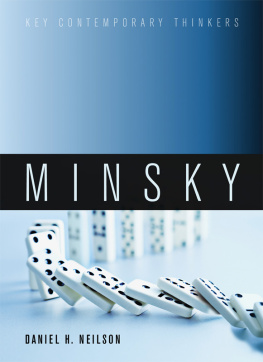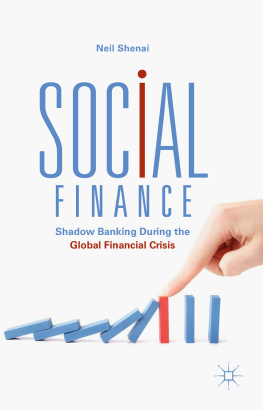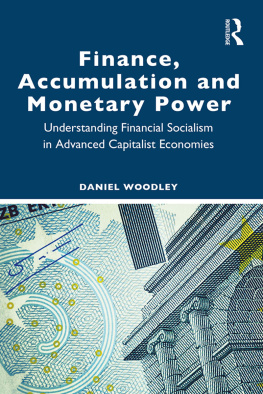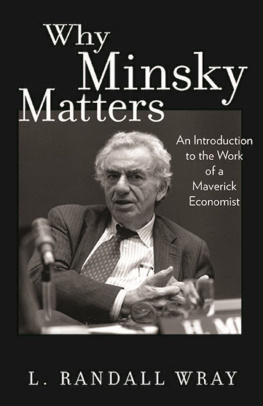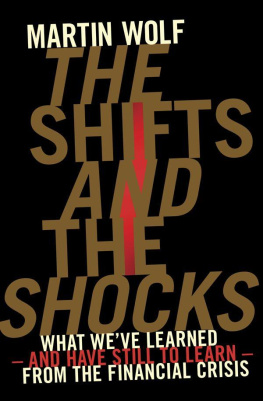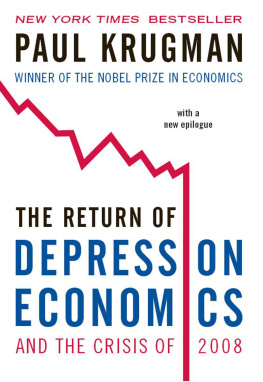
Series Title
Key Contemporary Thinkers Series includes:
- Jeremy Ahearne, Michel de Certeau
- Lee Braver, Heidegger
- John Burgess, Kripke
- Claire Colebrook, Agamben
- Jean-Pierre Couture, Sloterdijk
- Colin Davis, Levinas
- Oliver Davis, Jacques Rancire
- Reidar Andreas Due, Deleuze
- Edward Fullbrook and Kate Fullbrook, Simone de Beauvoir
- Nigel Gibson, Fanon
- Graeme Gilloch, Siegfried Kracauer
- Lawrence Hamilton, Amartya Sen
- Christina Howells, Derrida
- Simon Jarvis, Adorno
- Rachel Jones, Irigaray
- Sarah Kay, iek
- S. K. Keltner, Kristeva
- Matthew H. Kramer, H.L.A. Hart
- Moya Lloyd, Judith Butler
- James McGilvray, Chomsky, 2nd edn
- Lois McNay, Foucault
- Marie-Eve Morin, Jean-Luc Nancy
- Timothy Murphy, Antonio Negri
- Daniel H. Neilson, Minsky
- Ed Pluth, Badiou
- John Preston, Feyerabend
- Severin Schroeder, Wittgenstein
- Susan Sellers, Hlne Cixous
- Anthony Paul Smith, Laruelle
- Dennis Smith, Zygmunt Bauman
- James Smith, Terry Eagleton
- James Williams, Lyotard
- Christopher Zurn, Axel Honneth
Minsky
Daniel H. Neilson
polity
Copyright page
Copyright Daniel H. Neilson 2019
The right of Daniel H. Neilson to be identified as Author of this Work has been asserted in accordance with the UK Copyright, Designs and Patents Act 1988.
First published in 2019 by Polity Press
Polity Press
65 Bridge Street
Cambridge CB2 1UR, UK
Polity Press
101 Station Landing
Suite 300
Medford, MA 02155, USA
All rights reserved. Except for the quotation of short passages for the purpose of criticism and review, no part of this publication may be reproduced, stored in a retrieval system or transmitted, in any form or by any means, electronic, mechanical, photocopying, recording or otherwise, without the prior permission of the publisher.
ISBN-13: 978-1-5095-2849-3
ISBN-13: 978-1-5095-2850-9 (pb)
A catalogue record for this book is available from the British Library.
Typeset in 10.5 on 12pt Palatino
by Fakenham Prepress Solutions, Fakenham, Norfolk NR21 8NL
Printed and bound in the UK by TJ International Limited
The publisher has used its best endeavours to ensure that the URLs for external websites referred to in this book are correct and active at the time of going to press. However, the publisher has no responsibility for the websites and can make no guarantee that a site will remain live or that the content is or will remain appropriate.
Every effort has been made to trace all copyright holders, but if any have been overlooked the publisher will be pleased to include any necessary credits in any subsequent reprint or edition.
For further information on Polity, visit our website: politybooks.com
Dedication
To my parents
Acknowledgments
I am deeply appreciative of the support of Diana DePardo-Minsky, Alan Minsky, and Esther Minsky in producing this book. My debts to Perry Mehrling, beyond the many citations in the pages that follow, cannot be listed exhaustively. I will mention only two: thank you for showing me Minsky, and thank you for teaching me how to be an economist (though I do it differently than you!). I have been enjoying conversations on all subjects with Tyler Bickford, alar Girit, and Jackson Jones for decades now, and perhaps they will find some of those ideas reflected in these pages. Chris Coggins has been an inspiring co-teacher and friend. I thank Asma Abbas, who among many other lessons pointed me to Rancire (1987), where I found Jacotot (1823), which has been indispensable. An anonymous conversant helped me learn to navigate with map and compass. Whitney Harris was a dedicated research assistant and an indulgent counterparty in conversation and study. I am grateful to my students, and in particular to Jacques Ben-Avie, Mario Campbell, Mackenzie Dwyer, Darcy Pollard, Alice Sinclair, Jeff Tsen, John Zhang, and Chandler Zincke-Byer, each of whom taught me something during this project thank you, it is what sustains me as a teacher.
I am grateful for and humbled by the work of three anonymous reviewers who read a quite rough version of the manuscript. I responded to many if not most of their suggestions in the text, sometimes by clarification rather than a change in course. I am likewise grateful for the editorial interventions of George Owers and Fiona Sewell at various stages of the process. The book is undoubtedly improved by all of these contributions, though I take responsibility for what remains.
Lena and Augie, I am inspired by how you love your work, and from you I am learning to love my own. Sara, you are present in every word, in every chapter, and in the entire book, but still I feel I have only just begun to speak to you.
Introduction
Theory, history, discipline
In writing this text, I have sought to reconcile my commitment to two sometimes conflicting aims. On the one hand, it is meant to be a concise outline of Minskys work, consistent with the aims of Politys Key Contemporary Thinkers series, in which this book appears. Indeed, there is an interesting challenge to the task of somehow representing in a single text the entire work of a scholar; nor will I object if whatever attention might come to the book comes first and foremost in search of an understanding of who Hyman Minsky was.
On the other hand, in celebrating and exploring the work of a single person, it is easy to fall into the trap of hagiography to make the erroneous leap from Minsky said it to it is true. Minsky said many things, to many different audiences, that responded to the events and debates of his time, many of which are already fading into history. If ones only aim is to know what Minsky said, one might therefore simply re-read his many publications, as I have done in the preparation of this book. One finds there a lively and synthetic thinker who has perceived something important and who tries many avenues to get it across.
With this book I have sought, instead, to create something that adds to Minskys intellectual bequest. In sorting through that wealth, I have accepted the assessment of my teacher Perry Mehrling that the value of Minskys contribution lies not in any particular investigation, but in his way of looking at the world, his underlying vision (Mehrling 1999, 139). I have also followed this recommendation of Minskys:
The main issue in the controversy about what Keynes really meant is not the discovery of the true meaning of the Masters text. The main issue is how to construct a theory that enables us to understand the behavior of a capitalist economy. (1978d, 6f.; also 1990c)
As Minsky approached Keynes, so I approach Minsky. I share the goal of understanding capitalism, and in particular the role and status of finance in that system. I share with Mehrling and many other observers the belief that Minsky offered us a valuable vision through which to do so. In taking on the events and debates of his time in academic writing, in commentary, and in engagements with his fellow economists he put that vision to use, and in the process left us a legacy: the trace of an underlying, never fully spelled out theory. That theory, as I will show, though it is certainly present in Minskys published work, does not stand perfectly well on its own in its original form.
Next page
